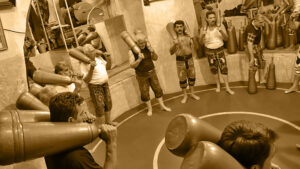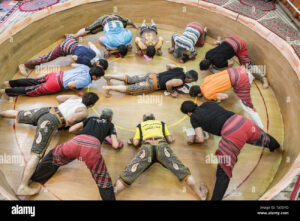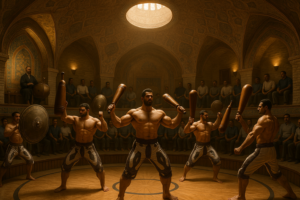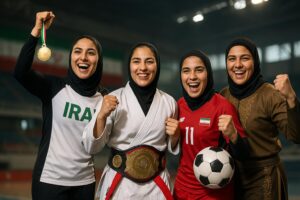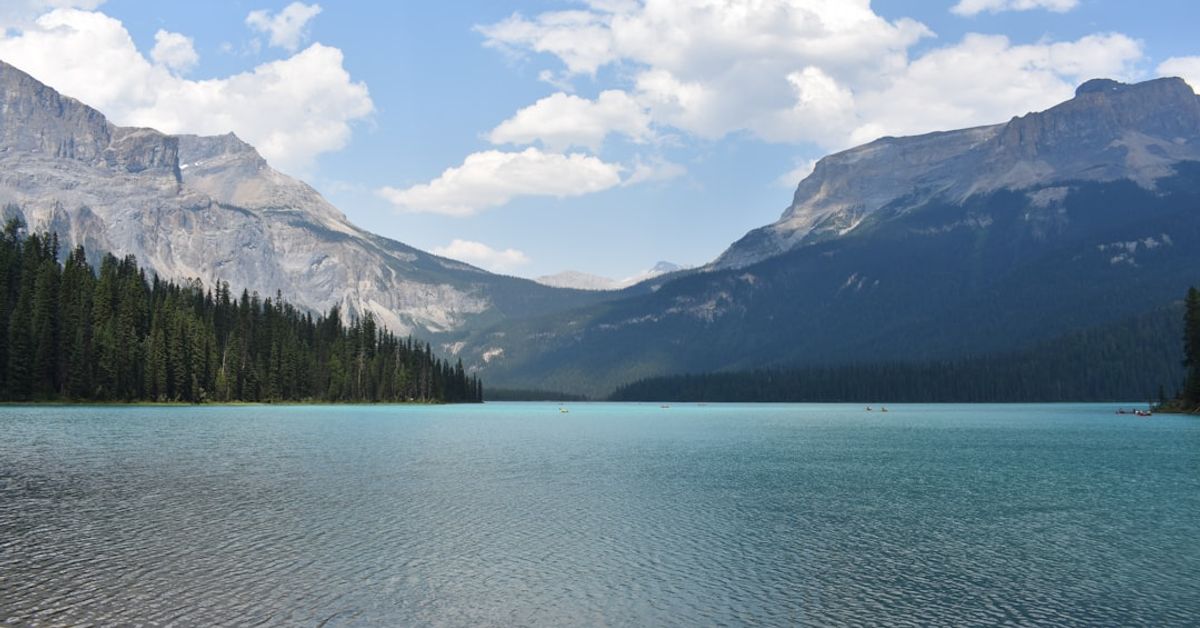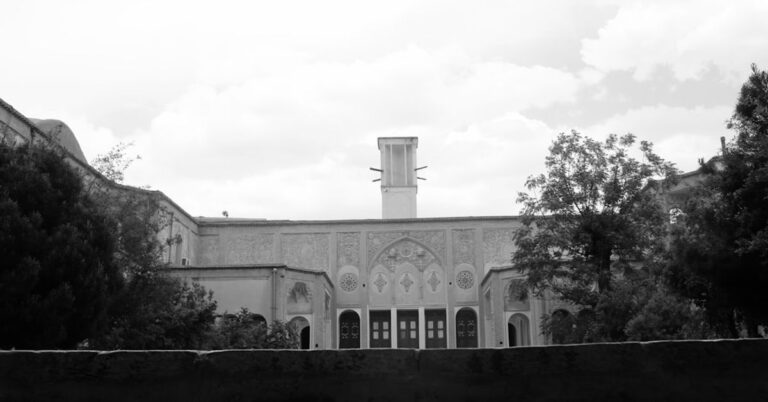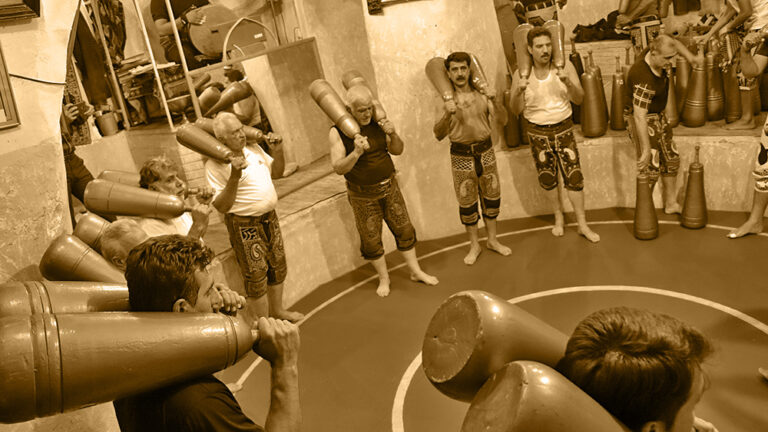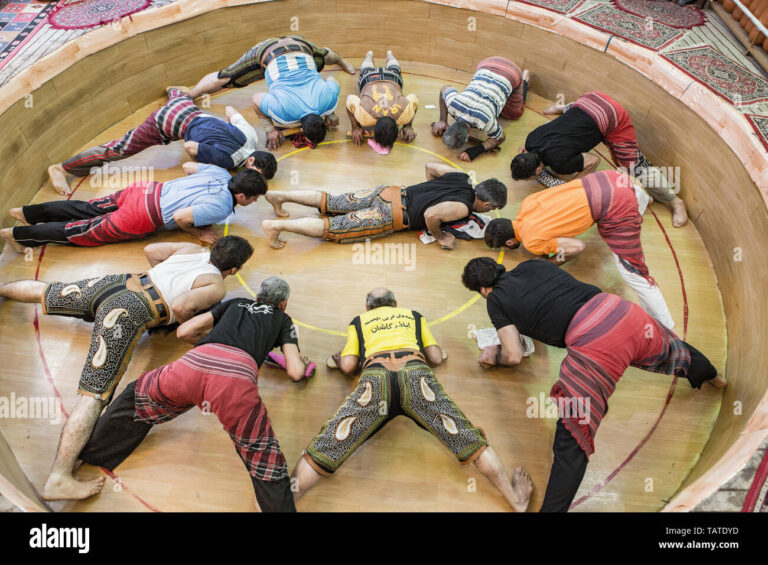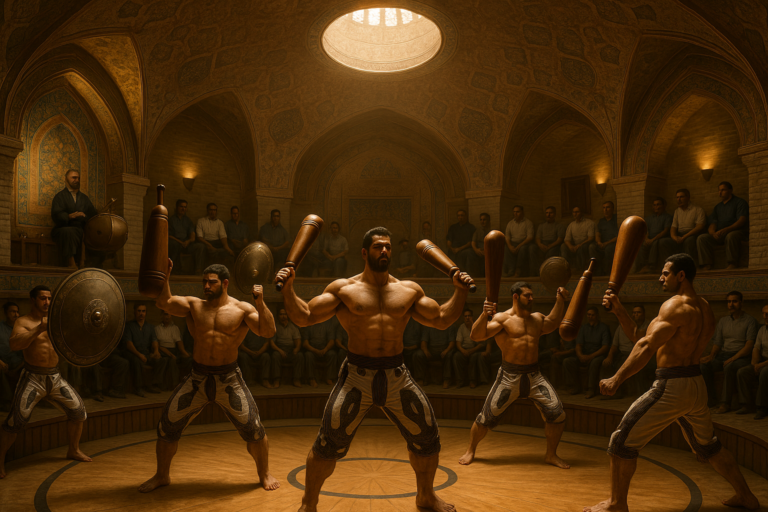A Legacy of Kings: The Ancient Roots of Polo in Persia
Polo, often dubbed the “Sport of Kings,” boasts a rich and storied history that traces its origins back to ancient Persia, now modern-day Iran, over 2,500 years ago. This fascinating sport was not just a pastime but an essential training exercise for the cavalry, involving thousands of horsemen in elaborate displays of skill and strategy. The Persian word “chogan,” meaning mallet, is the etymological root of the word “polo,” highlighting the sport’s deep Persian roots.
Historical records and Persian miniature paintings vividly depict scenes of polo being played by royalty and commoners alike, underscoring its widespread appeal and cultural significance. The sport’s introduction to the West came through British officers stationed in India, who were captivated by the game and brought it back to Europe. This cultural exchange laid the groundwork for polo’s international spread, but the heart and soul of the game remain distinctly Persian.
The Decline and Near Disappearance of Persian Polo
Despite its glorious past, Persian polo experienced a significant decline, nearly fading into obscurity. Several factors contributed to this downturn, including political upheavals, economic challenges, and a shift in cultural interests. For many years, the sport that once symbolized Persian prowess and elegance was relegated to the annals of history, its vibrant legacy at risk of being forgotten.
In my travels to Iran, I met an elderly gentleman who fondly recalled watching polo matches as a young boy, the fields alive with the thunderous gallop of horses and the cheers of spectators. His stories painted a vivid picture of a bygone era, a poignant reminder of what was lost but also of what could be revived.
The Resurgence: Efforts to Revive the ‘Sport of Kings’
In recent years, a determined effort has emerged to breathe new life into Persian polo, spearheaded by passionate individuals and organizations committed to restoring its former glory. The Iranian Polo Federation has been at the forefront of this renaissance, implementing programs to nurture young talent and rekindle interest in the sport nationwide.
These revival efforts emphasize traditional Persian polo, incorporating historical equipment and playing styles to honor the sport’s origins. By hosting local tournaments and workshops, the Federation aims to cultivate a new generation of polo enthusiasts, ensuring that the sport remains a vibrant part of Iran’s cultural tapestry.
Modern Polo in Iran: Current State and Key Players
Today, Iran has a national polo team that actively participates in international competitions, showcasing the country’s renewed commitment to the sport. Key players, such as the renowned polo family, the Moghaddam brothers, have been instrumental in elevating Iran’s presence on the global stage. Their dedication and skill have inspired many young athletes to pursue polo, further strengthening the sport’s foundation in Iran.
Polo clubs across the country are also gaining momentum, offering training and facilities to nurture budding talent. These clubs are not only fostering athletic prowess but also promoting a sense of community and cultural pride among their members.
Key Players and Influences
- Moghaddam Brothers: Leading figures in Iranian polo.
- Iranian Polo Federation: Driving the sport’s revival.
- Local Polo Clubs: Grassroots development and talent nurturing.
Challenges and Opportunities: Building a Sustainable Future
While the revival of Persian polo is promising, several challenges remain. Funding and infrastructure are critical hurdles, as the sport requires significant investment in horses, equipment, and facilities. Additionally, gaining international recognition and support is essential for long-term sustainability and success.
However, these challenges also present unique opportunities. The growing interest in polo tourism in Iran offers a chance to showcase the sport’s historical roots to a global audience. Visitors can experience the thrill of a polo match in its birthplace, fostering cultural exchange and understanding. By capitalizing on these opportunities, Persian polo can secure a sustainable future and reclaim its rightful place on the world stage.
The Quest for International Recognition: Rejoining the Global Polo Community
The journey to international recognition is a pivotal aspect of Persian polo’s revival. Rejoining the global polo community requires strategic partnerships and participation in international tournaments. The Federation of International Polo, established in 1982, plays a crucial role in facilitating these connections and promoting global collaboration.
Iran’s national polo team has already made significant strides by competing in international events, showcasing their skill and determination. By continuing to strengthen these global ties, Persian polo can gain the recognition it deserves and contribute to the sport’s worldwide legacy.
The Cultural Significance: Polo as a Symbol of Persian Heritage
Polo is more than just a sport in Iran; it is a potent symbol of cultural heritage and pride. It represents the historical legacy of Persian nobility and the enduring spirit of its people. Reviving this ancient tradition is a testament to Iran’s commitment to preserving its cultural identity and sharing it with the world.
The resurgence of Persian polo offers an opportunity to promote international understanding and appreciation of Iran’s rich cultural heritage. By embracing its historical roots and adapting to modern realities, Persian polo can continue to inspire and captivate audiences worldwide.
In this journey of revival, the lions of Persia roar once more, with polo at the forefront, bridging the past and the present while paving the way for a vibrant future. As enthusiasts and players work tirelessly to restore this regal game, they remind us all of the enduring power of tradition and the indomitable spirit of a nation.
By: Sarah Miller
About the Author
Sarah Miller
Sarah Miller is a freelance journalist specializing in equestrian sports and cultural heritage, with a particular focus on the Middle East.

